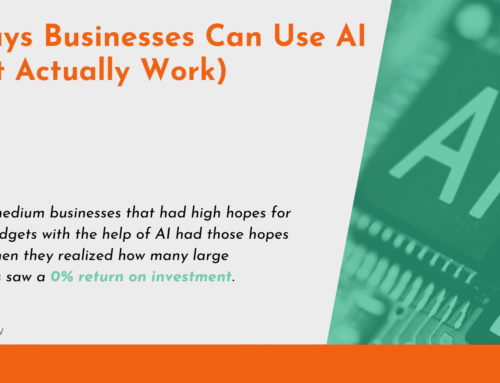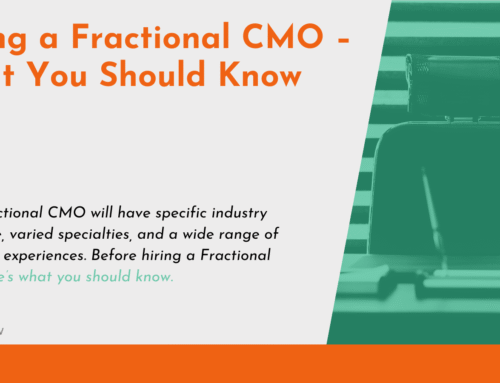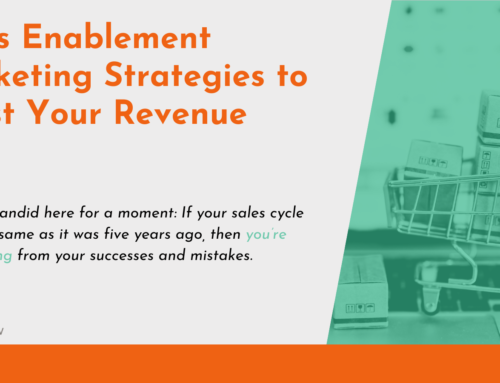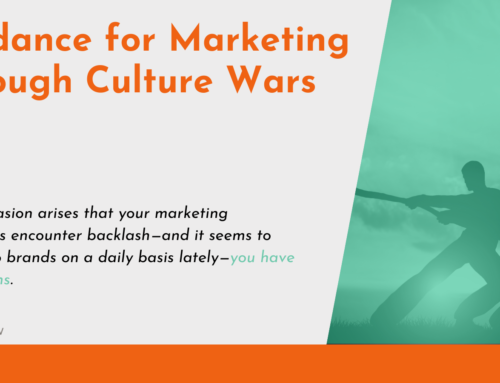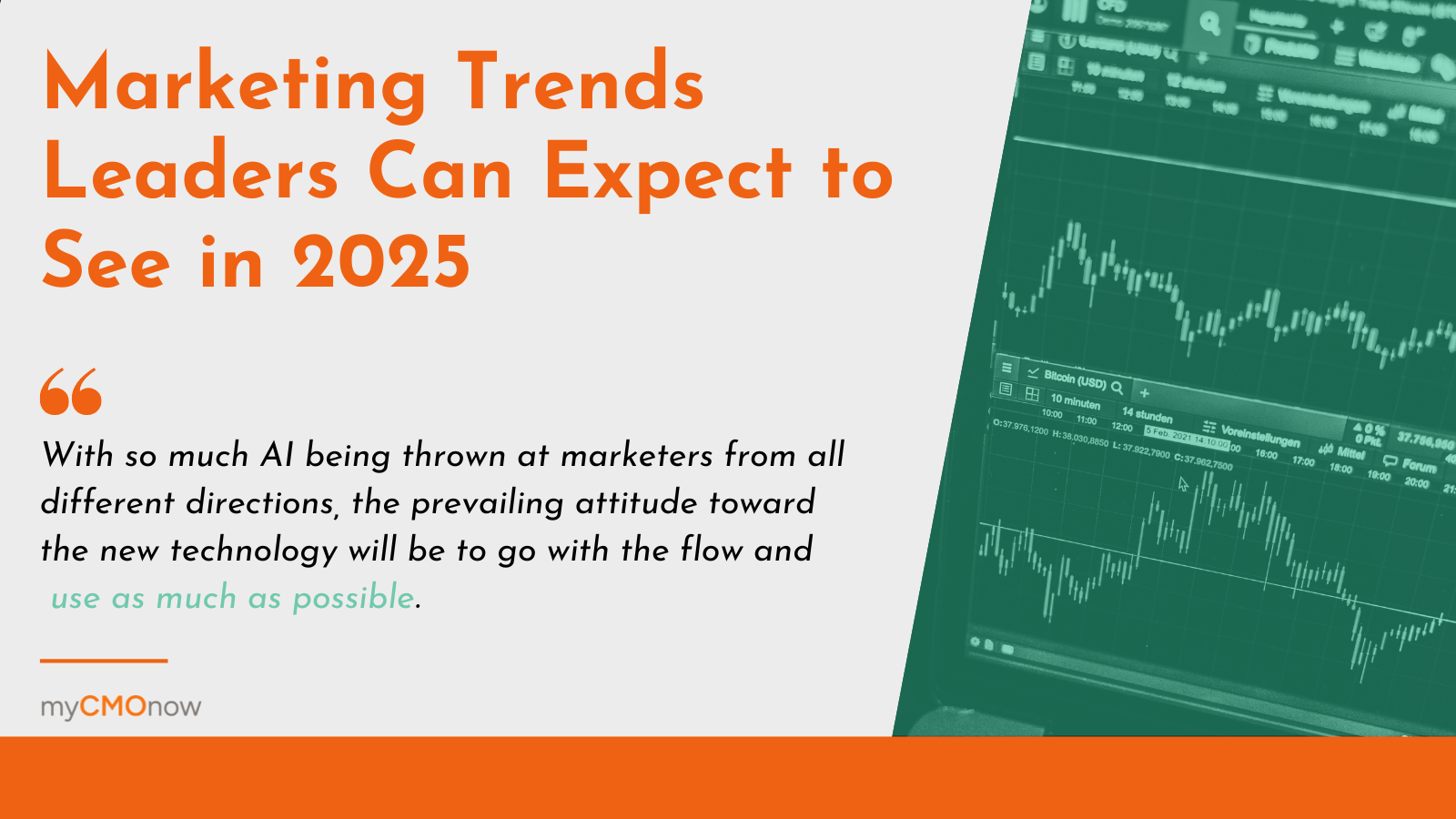
If there’s one common theme throughout the trends expected to drive marketing in 2025, that theme is AI. Artificial intelligence will likely be a part of almost every key trend that emerges this year. The best leaders will know when AI is helpful and when it could actually harm your efforts. Let’s examine the ways AI will likely influence trends and how you can be sure they’ll boost your efforts.
Personalization
AI will be used to provide even more personalized experiences for consumers, with enhanced segmentation and automation processes. Data collected throughout the buyer’s journey will inform machine learning programs and ensure that customers are presented the right information at the right time, all while making them feel as though they’re important to the brands they follow.
While personalization through segmentation and automation with AI is a trend that can only help the businesses that use it this year, personalization through messaging should still be done by humans. Generative AI is making big strides, but buyers can often spot the difference between human-created content and AI-created. Even if they can’t quite put their finger on the reason for their unease—as in, they may not recognize the AI origins of the content—the disconnect can lead to a lack of trust that your automations can’t overcome.
Administrative Activities
Marketers can cut down on administrative tasks such as data analysis, reporting, and ad targeting with AI options in 2025, but there are a few administrative tasks that humans are still better at completing.
Artificial intelligence is excellent for reading data and providing information about buyers on a larger scale. In fact, you may even learn something from the data that you’ve never considered before. And, while the AI programs are pulling together the information you need to make powerful decisions for your marketing, your marketing admins and coordinators can spend their time on more important things.
Where AI still struggles, however, is in research, particularly if you’re using the internet to provide the answers you need. Generative engine optimization isn’t all the way there yet, so if you do plan to use the AI overview responses in your research, be sure to verify every source before you put the information you gather to work. With so much false or misleading information available on the internet, it only makes sense that AI might return incorrect results, which can—again—lead to a lack of trust with your buyers.
AI Fatigue
With so much AI being thrown at marketers from all different directions, the prevailing attitude toward the new technology will be to go with the flow and use as much as possible. We’ve covered some areas where using AI may not be a benefit, particularly in creative areas and again where the information used to train AI isn’t sound.
A potential outcome to throwing all AI resources at all tasks, only to discover that the tools don’t help with small data amounts and certainly can’t help you strategize could lead to frustration and fatigue.
Commit now to creating a trend of discernment so that the trend doesn’t become AI fatigue. Investigate the tools you hope to use to determine whether they’ll help streamline your efforts or just create more challenges. Rote, repeatable tasks? Go for it with AI. Creativity and strategy? Perhaps keep the human element as involved as possible.
If you’re missing marketing leadership that can make these choices for you, don’t hesitate to reach out. We can help bridge gaps in employment as you seek out new leadership, provide C-level strategy and growth if your budget doesn’t allow a full-time CMO, or you just want to keep doing what you do best while someone else takes the marketing reins.

